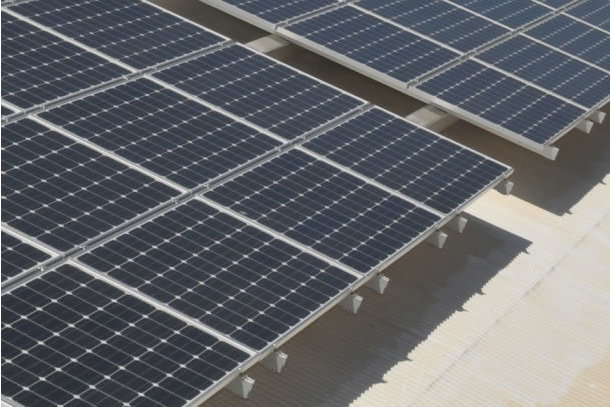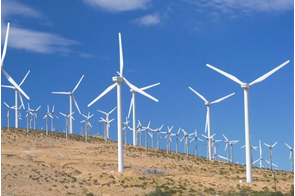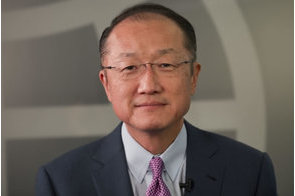Nigeria ranks among preferred destinations for green projects in Africa

Summary
Nigeria is the third most-preferred destination for OECD countries seeking to fund projects that promote the green economy in Africa.
The Governing Inclusive Green Growth in Africa (GIGGA) Network has disclosed that Nigeria is the third most-preferred destination for member-countries of the Organisation for Economic Co-operation and Development (OECD) seeking to fund projects that promote the green economy in Africa.
According to a research conducted by GIGGA Network, 21 percent of the funds OECD countries put into developing renewable energy solutions, climate change technologies and sustainable green environment in Africa come to Nigeria. The country comes behind Kenya and Ethiopia, who recorded 38 percent and 24 percent, respectively.
The GIGGA report, titled: Mapping Inclusive Green Growth Projects in Africa, explains that despite the lack of a dedicated national green growth plan, Nigeria has included a couple of green growth projects in its Economic Recovery and Growth Plan, especially renewable energy projects.
According to the report, the flow of green growth funding is dependent on many factors. However, having a clear and ambitious green growth plan contributes to the high rate of attraction of finance by Kenya and Ethiopia. The network said Ethiopia is the only African country that has signed a national legislation on climate change.
The United Kingdom, Japan and Germany are the leading funders of green economy projects in Sub-Saharan Africa (SSA), while funding from the United States, Canada and Australia are very low.
“In the face of the global climate change, increasing natural resource degradation and rising environmental pollution, many African countries are attempting to embrace the concept of green economy as a means of growing their economies while enhancing social justice and protecting the environment,” said Chukwumerije Okereke, the Lead Researcher who is also a professor of environment and development at University of Reading.
The report noted that SSA is the most vulnerable continent to climate change, but contributes only about four percent of global greenhouse gas emissions. It said green economy activities represent extra burden imposed on SSA by advanced countries who are responsible for much of the global carbon stock causing climate change.
On how SSA countries source for funds for green economy projects, the report explains that domestic sources to finance inclusive green investment have been very limited, hence the dependence on foreign support.
Ethiopia, Kenya and Rwanda depend mainly on international organisations to fund their green projects, while South Africa and Nigeria rely more on domestic sources of funding from both the public and private sectors.
GIGGA is a network grant project funded by the Economic and Social Research Council, which is under the Global Challenge Research Fund. The aim of the project is to build interdisciplinary and international collaborative network that can develop a substantive and innovative research agenda on the governance of green growth in Africa.
Related
-
AfDB to triple Annual Climate Financing to nearly $5bn by 2020
The African Development Bank has committed almost $7 billion to support climate-resilient and low-carbon development in ...
-
World Bank launches initiative to accelerate climate financing
Innovate4Climate Finance and Markets Week is a global platform to discuss the future of climate finance.
-
NGOs call for rejection of HSBC and Crédit Agricole in Green Climate Fund
Over 120 NGOs say Green Climate Fund must say no to HSBC, Crédit Agricole partnerships.










